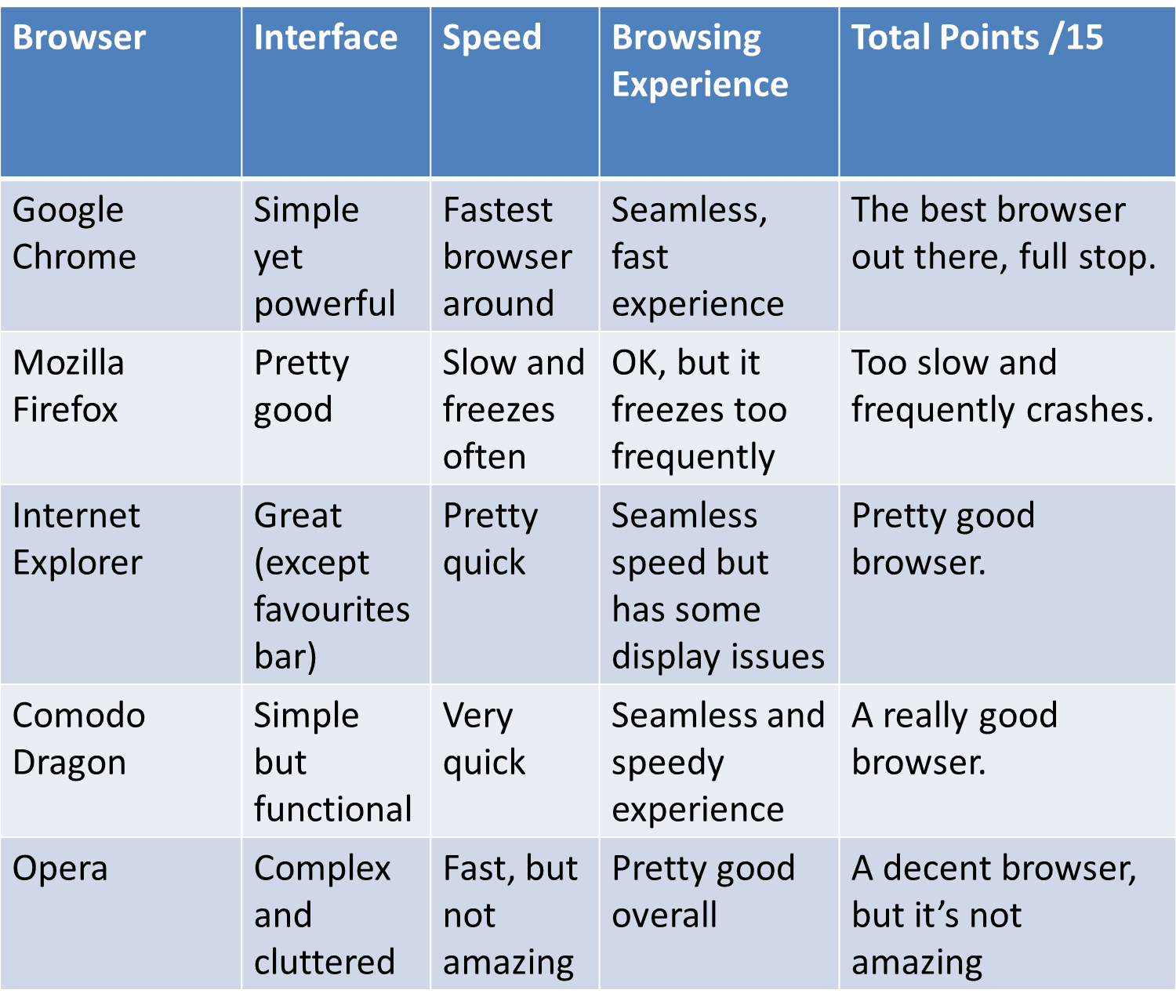

So, since alternative browsers are basically tweaked copies of bigger browsers, does that mean they are bad tools for productive web browsing? Absolutely not! Alternative browsers aim to deliver improved performance and extra features to enhance the user’s online experience. Most browsers try to keep up with Chromium releases, but some fall behind by six or seven versions, which is damaging to the user’s online security and browser stability. It’s also why other Chromium-based browsers should follow suit. This is why Google Chrome has a six-week update cycle. The developers behind it strive to eliminate those bugs, introduce performance fixes and minimize security threats. Chromium, like any other software, has bugs. Keep in mind how often the Chromium engine is updated. A similar case is Firefox, which is also an open-source project. Anyone can take the Chromium code and build their own browser from it, adding and removing whatever functionality they wish. These browsers, in most cases, follow the lead of Opera, which is based on the open-source Chromium project (as is Google Chrome). Meet the alternative browsers - an unofficial term for all browsers other than the Big Five. Testing Mobile: Emulators, Simulators And Remote Debugging.What’s The Deal With The Samsung Internet Browser?.


Whichever statistics you check ( NetMarketshare, StatCounter’s GlobalStats or W3Counter), you’ll notice that they often contradict each other in declaring which browser is leading the race. On the contrary, each year more desktop browsers appear, and some of them can change the way you browse the Internet for the better. Dedicated apps may be competing against browsers on mobile devices, but that is hardly the case in the desktop environment. It’s 2015 and your choice of browser has proven to be as important as your choice of operating system.


 0 kommentar(er)
0 kommentar(er)
